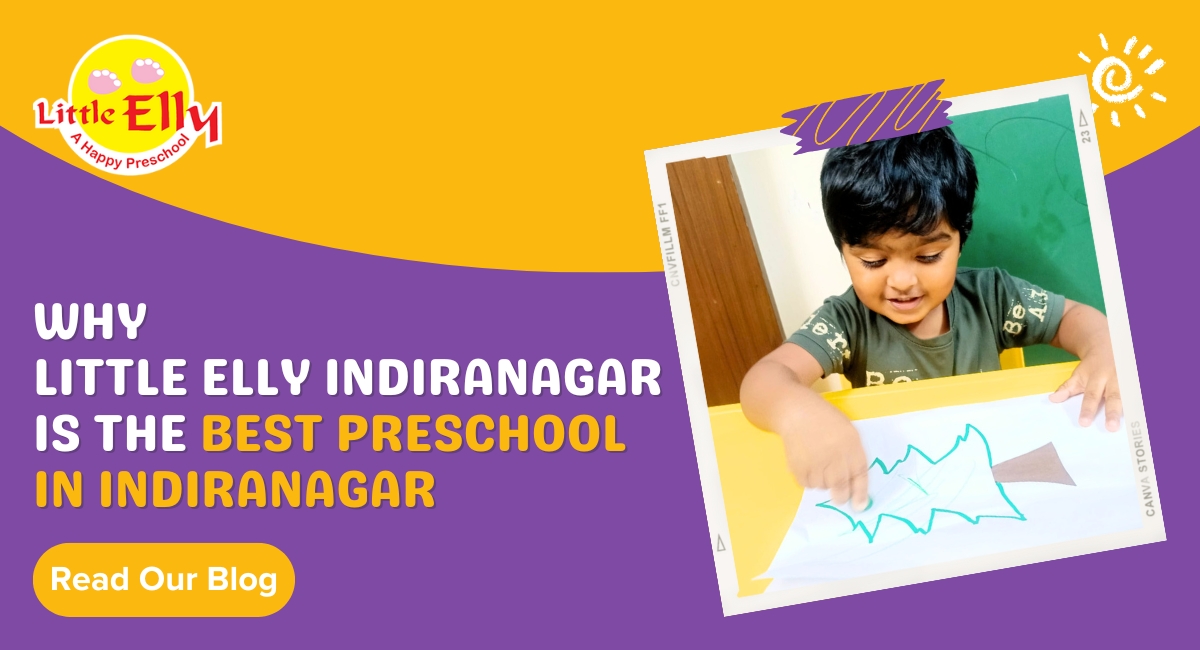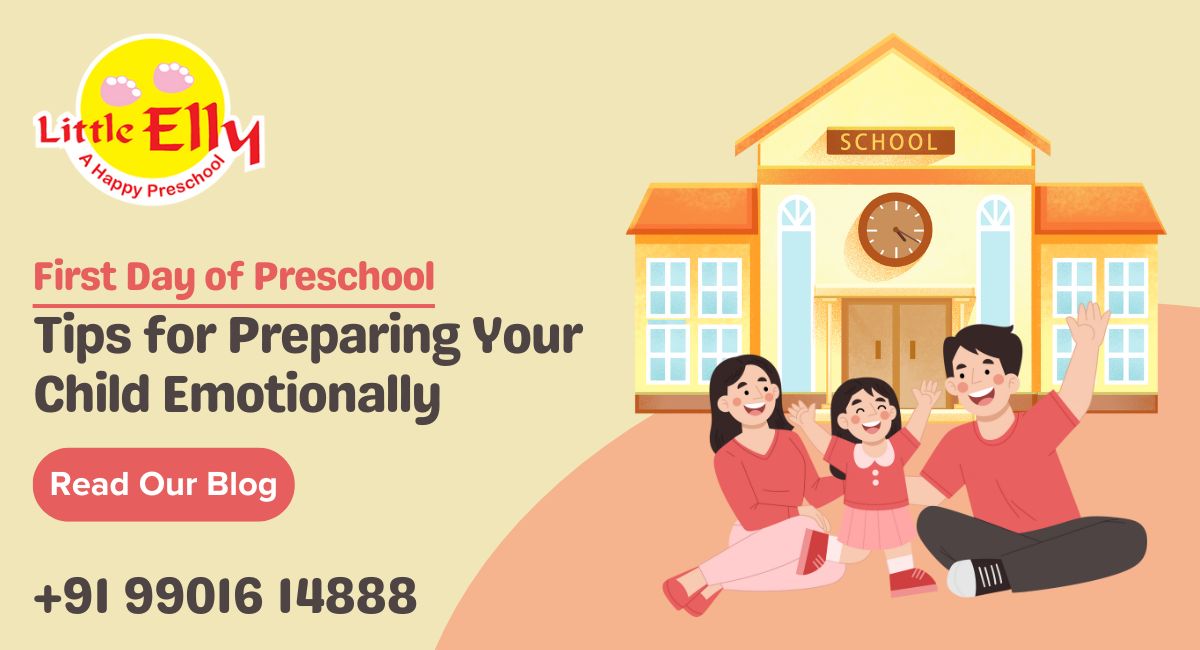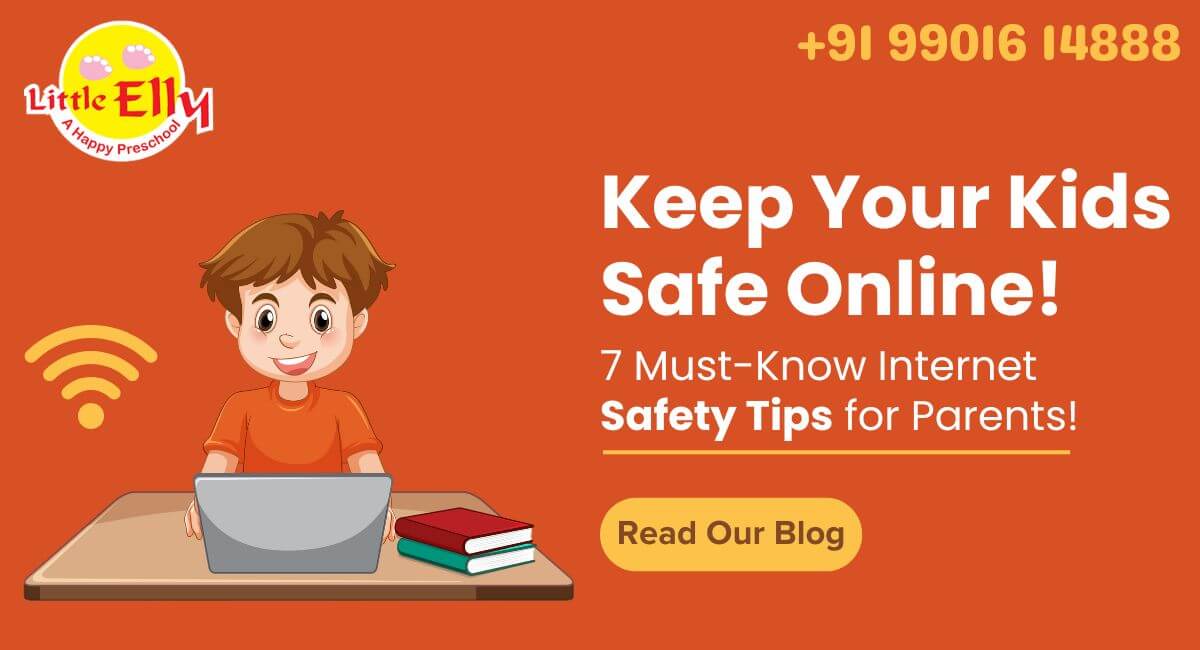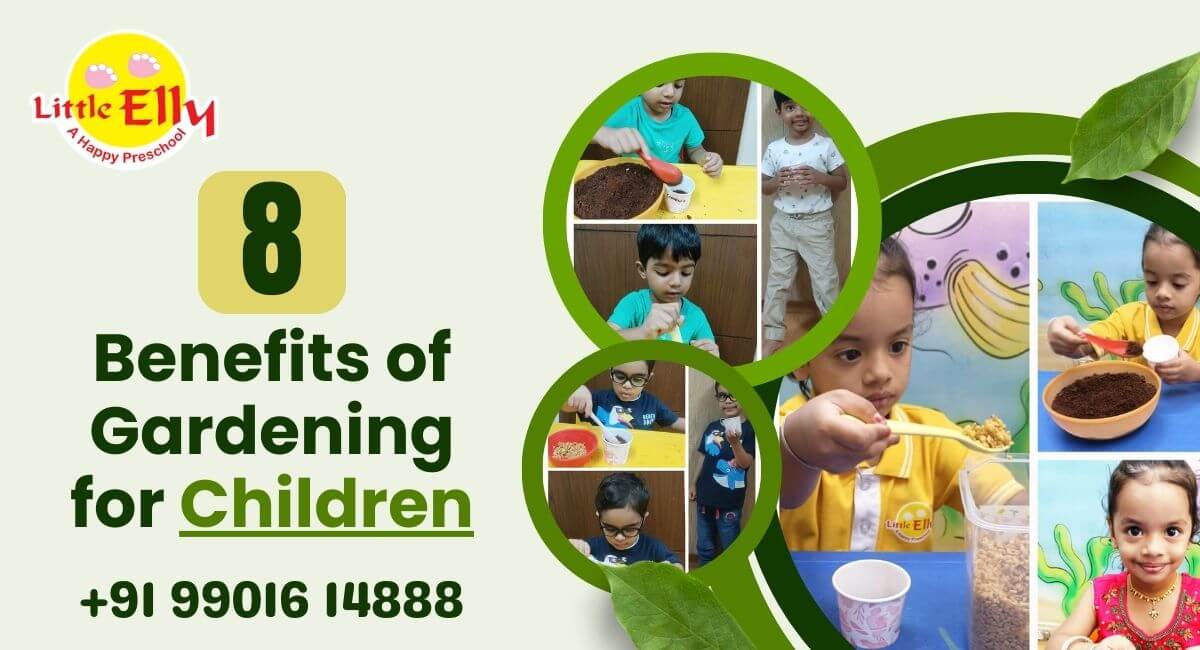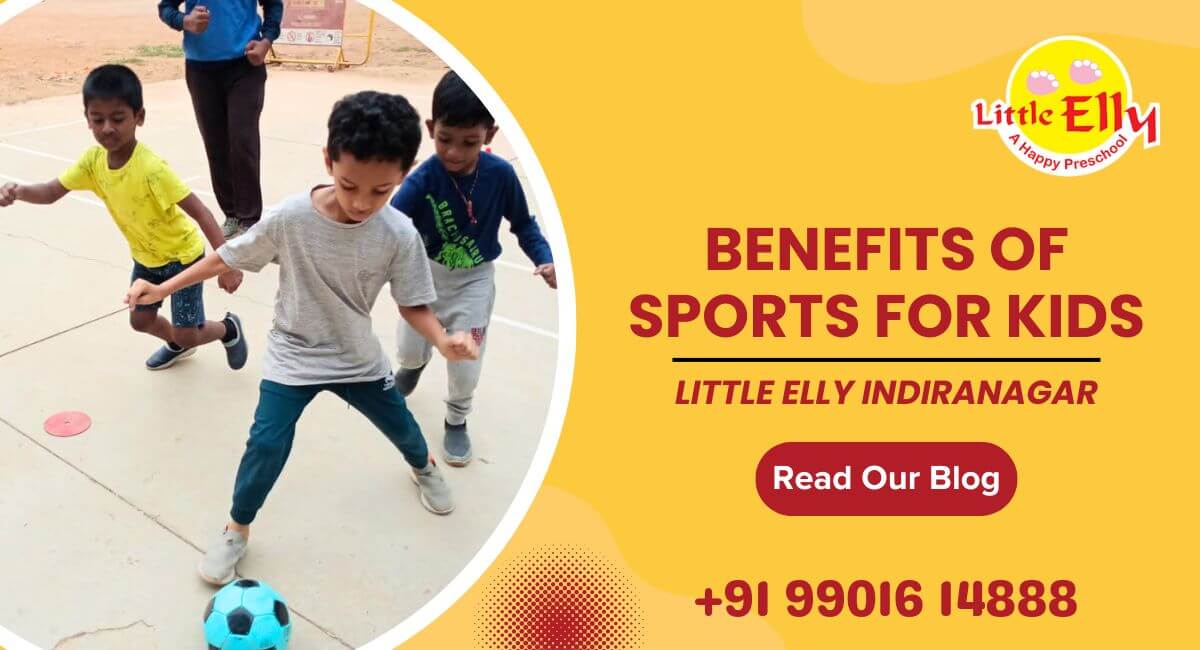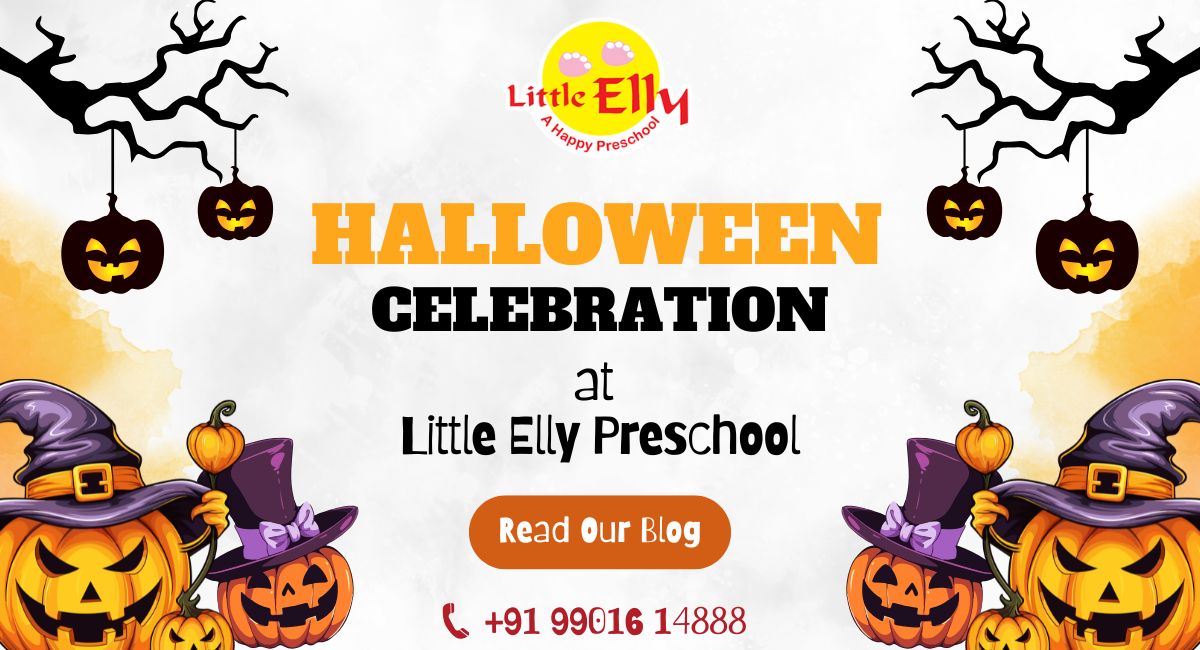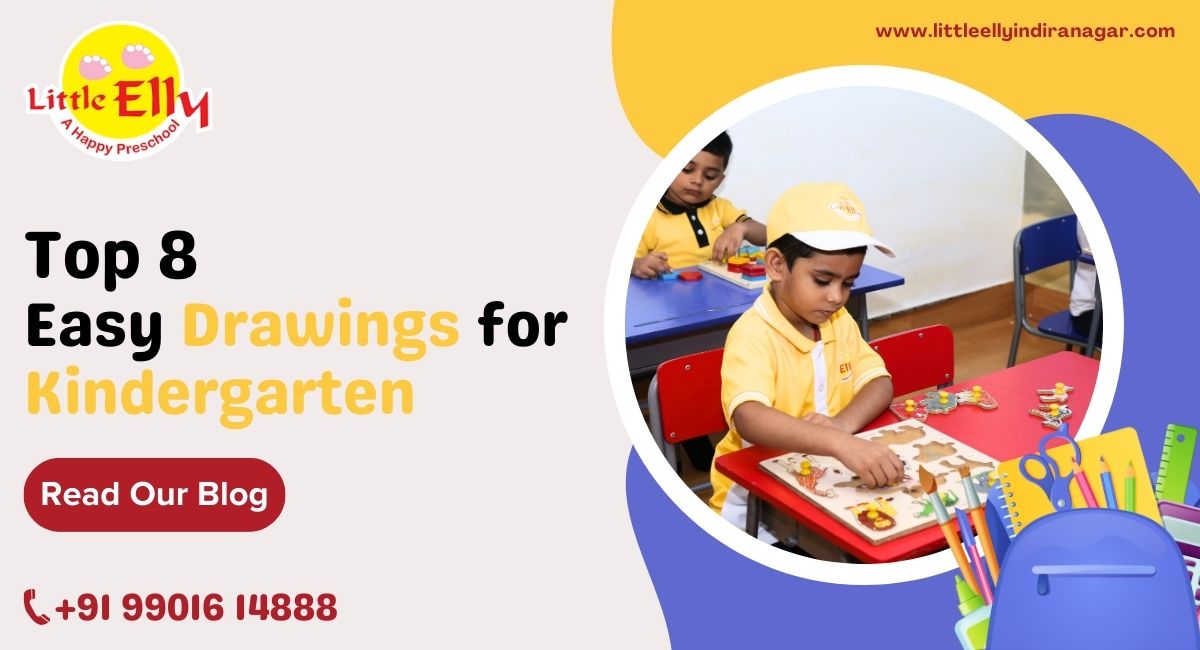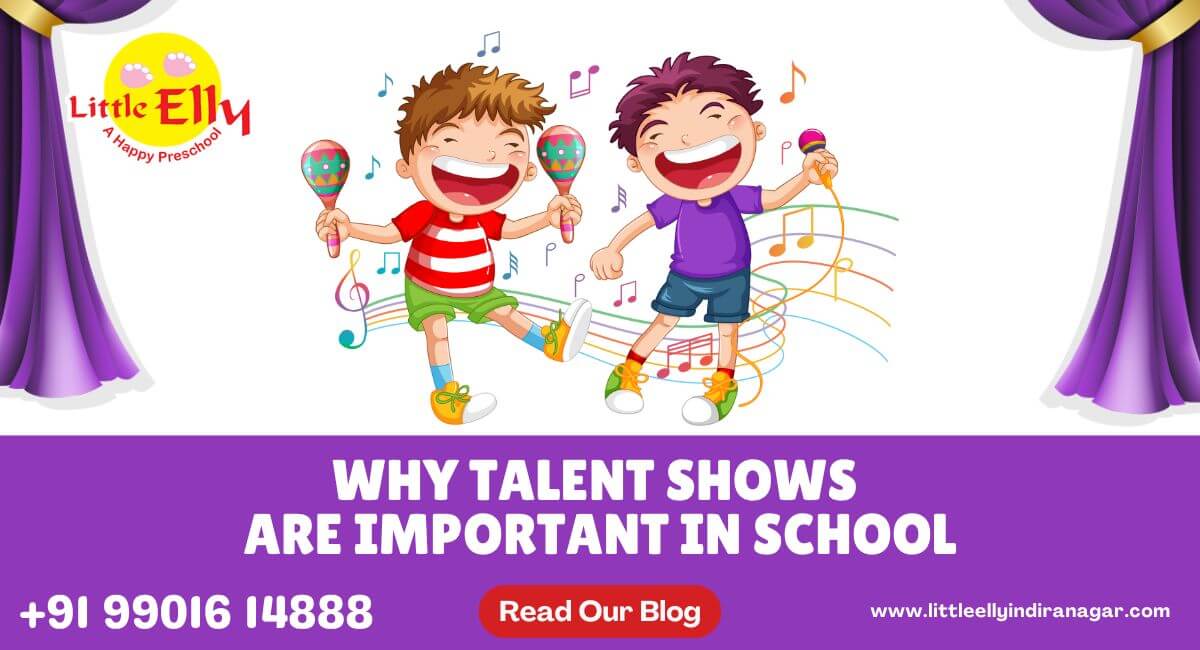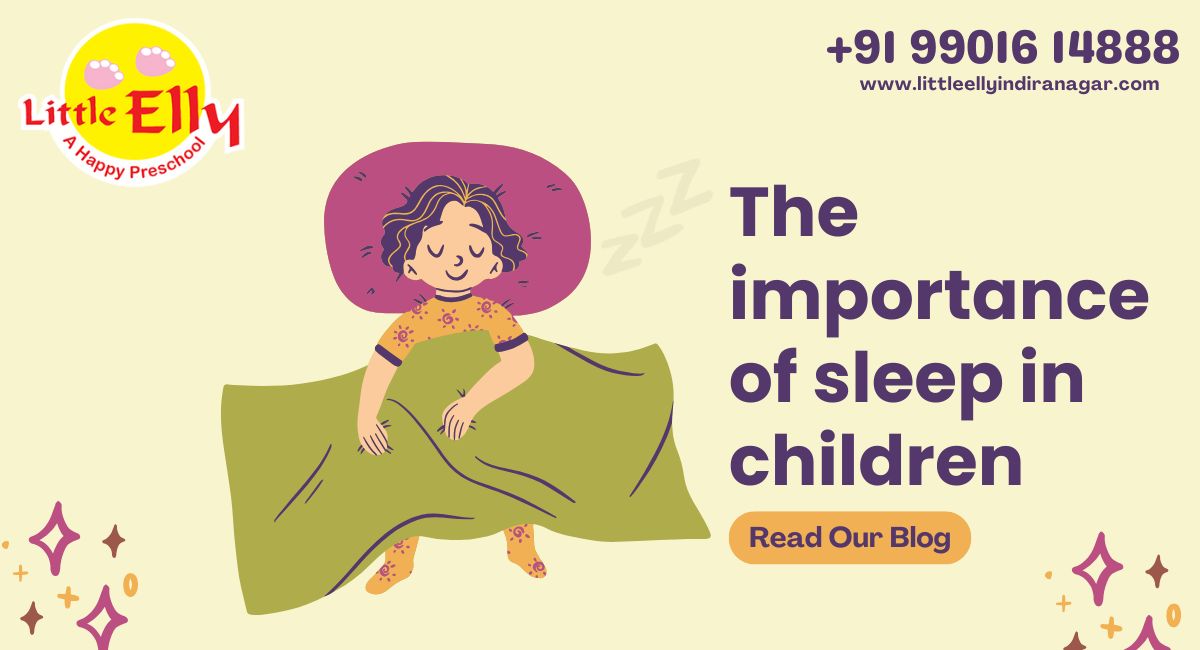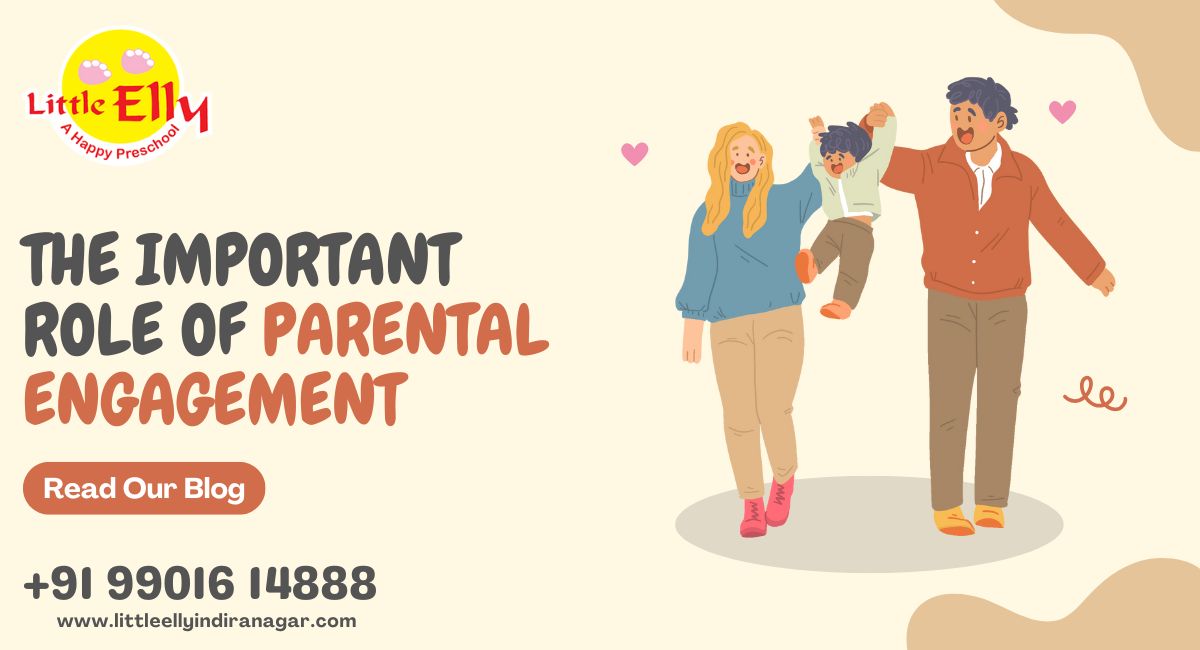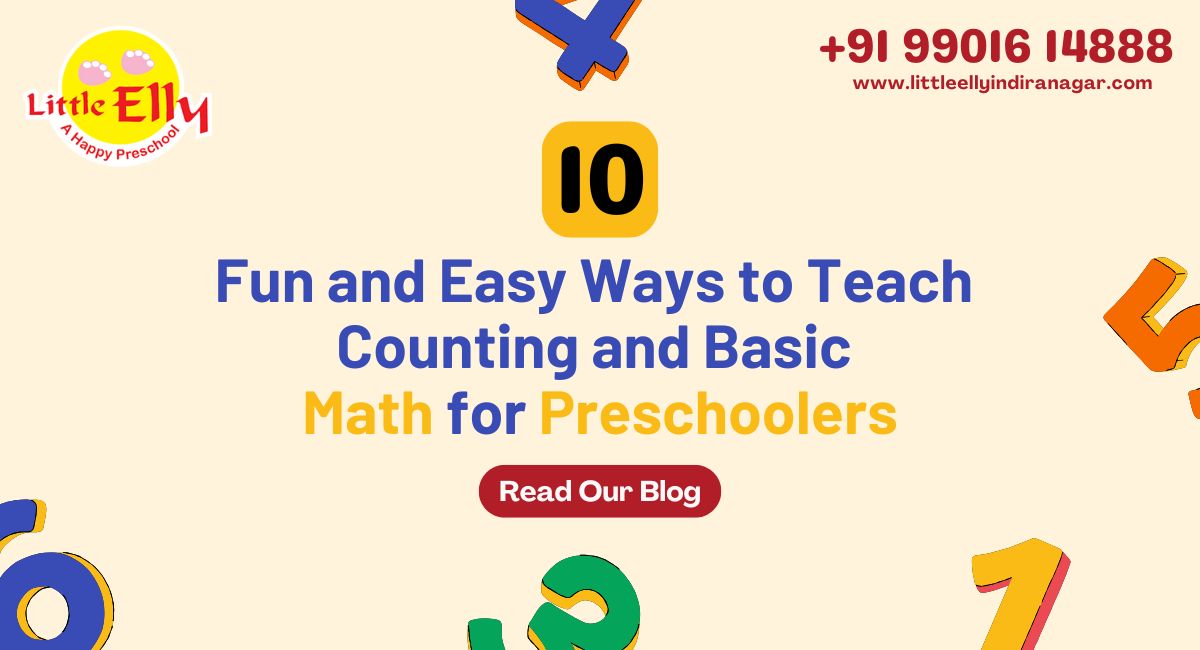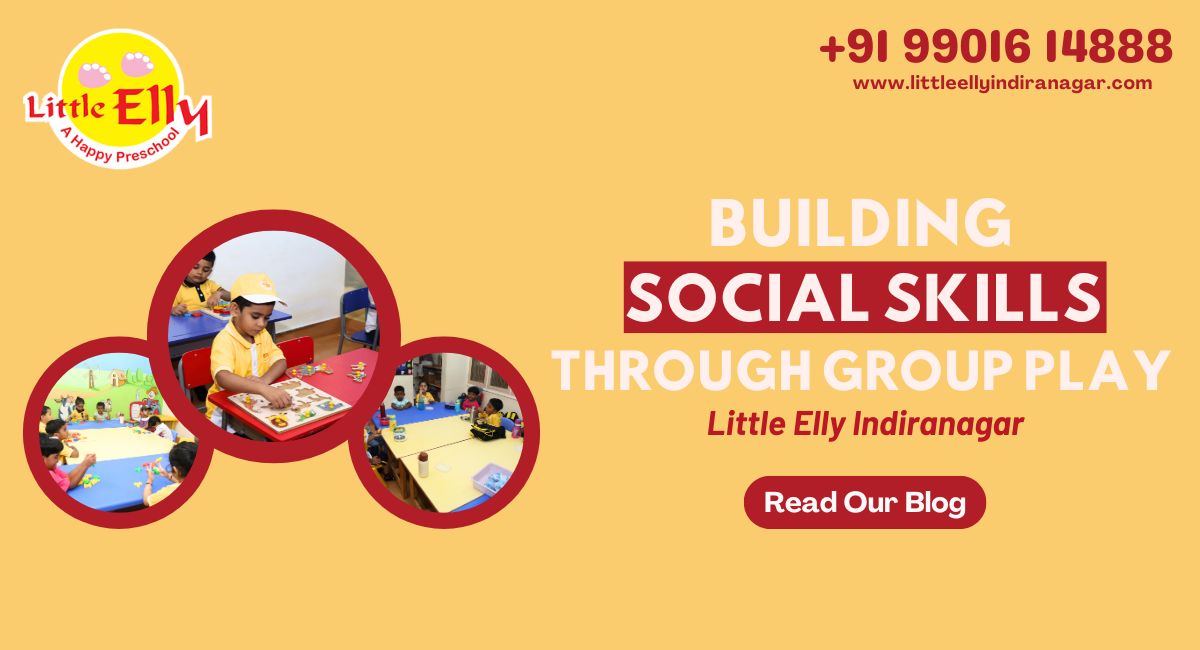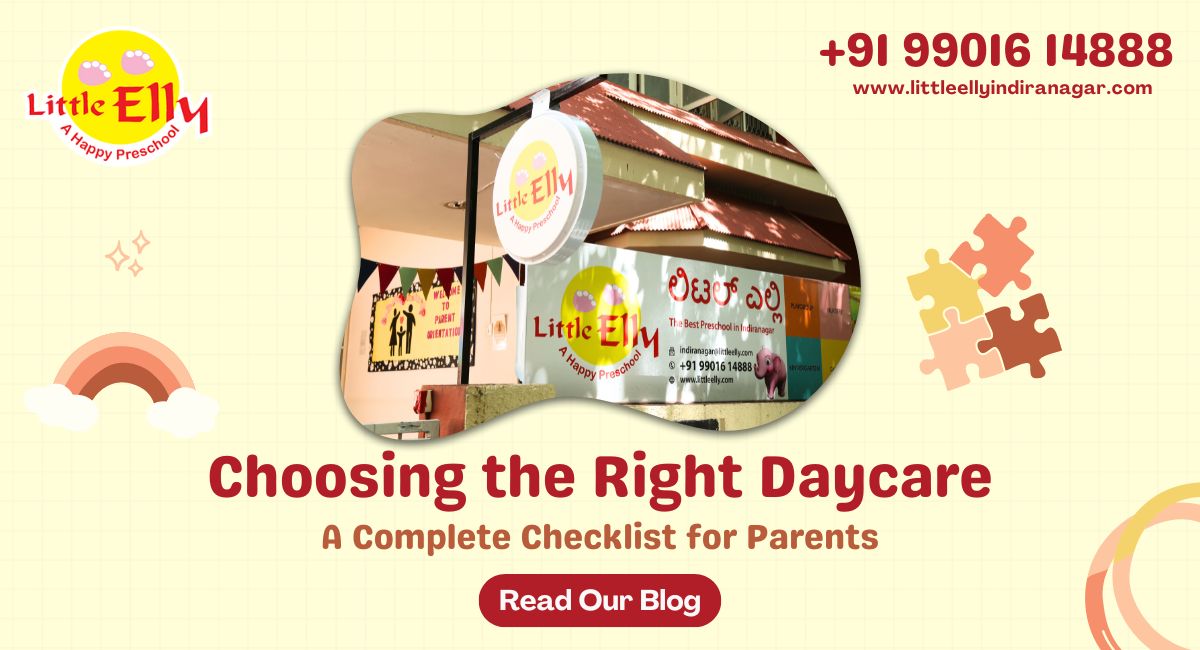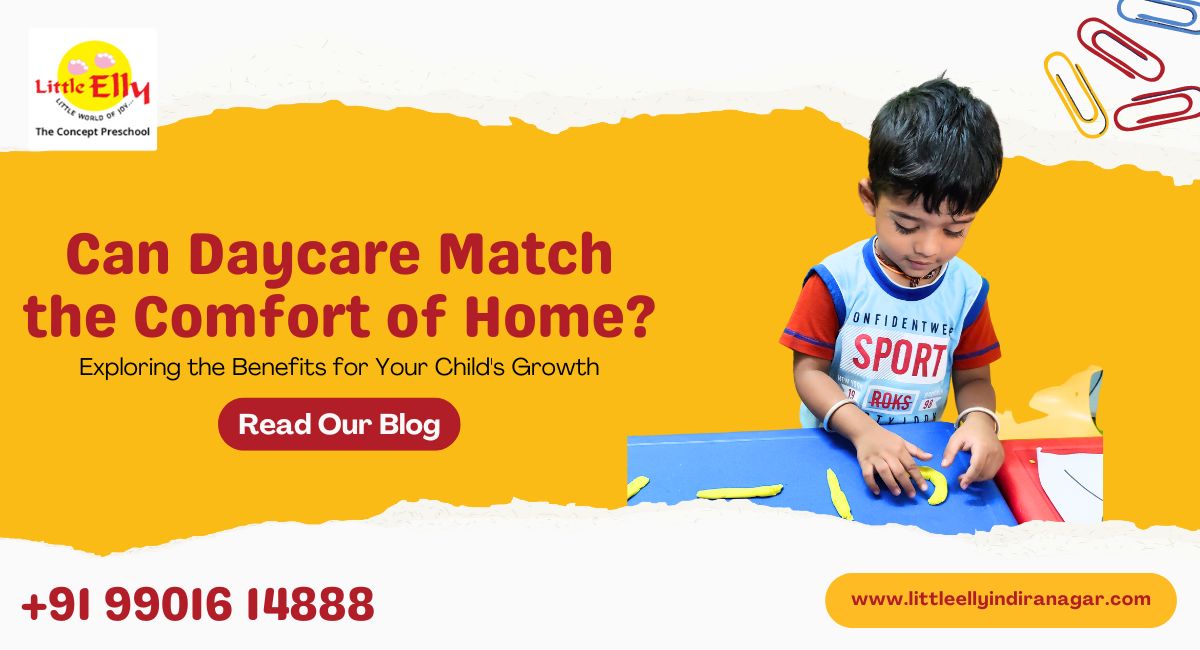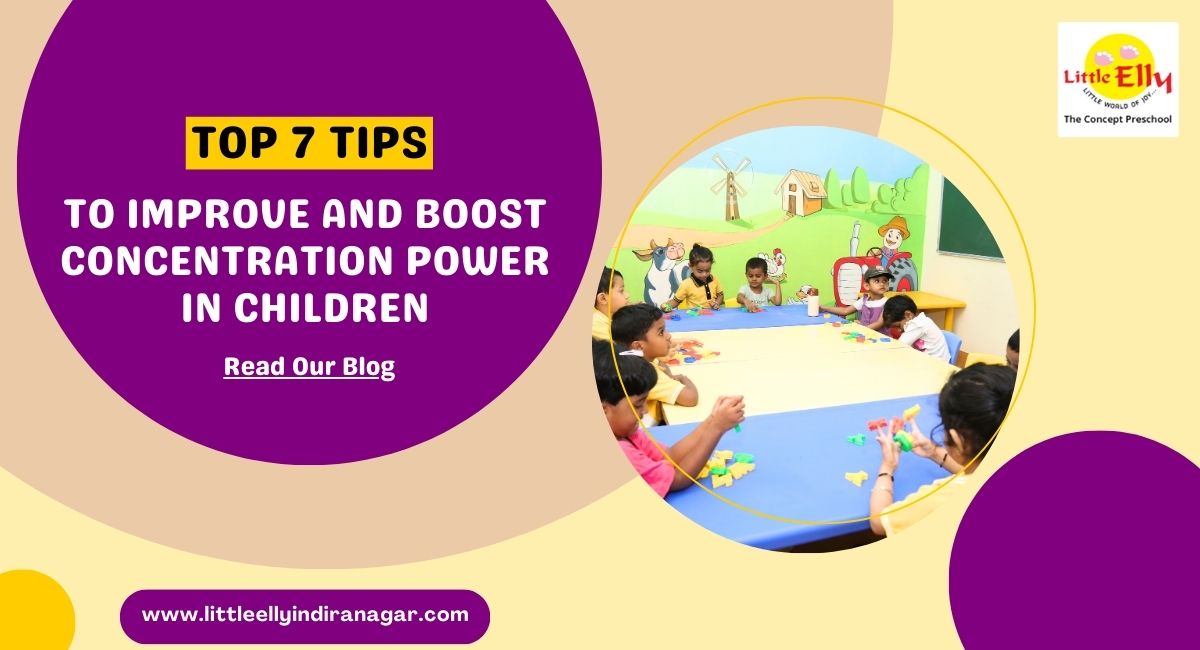When Should You Send Your Child to Play School or Kindergarten? A Complete Guide for Parents
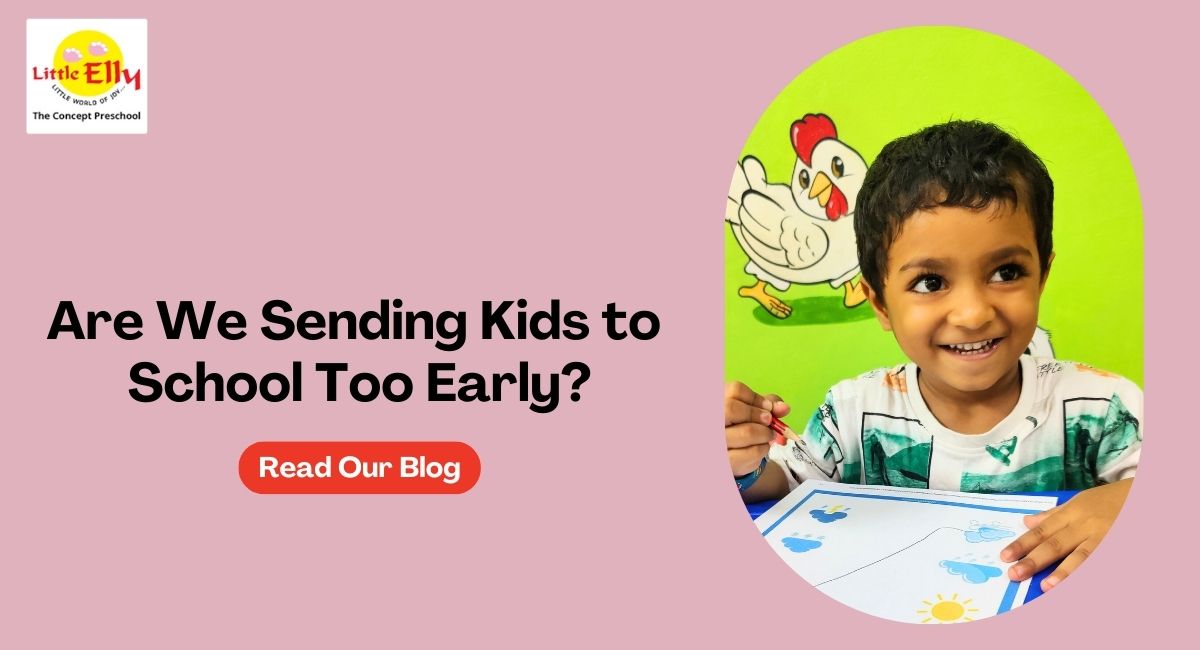
Table of content
Introduction
Is There a "Perfect" Age to Start Play School or Kindergarten?
Why Play School?
Skipping Play School and Starting Kindergarten Directly
The Importance of Early Childhood Education
Is Your Child Ready? The Must-Have Skills
Choosing the Right School
Preparing Your Child for School
Conclusion
Introduction
Hello, wonderful parents! So, you've finally reached that exciting, and let's be honest, slightly nerve-wracking stage of deciding when to send your little one off to play school or kindergarten. Trust me, I've been there, and it's a big decision—almost as tough as deciding whether to let them have that second piece of cake (we all know how that ends!).
But don't worry, I've got your back! Let's dive into when and how to send your child to play school or kindergarten without any "perfect parent" pressure. This guide is based on real-life experiences (including mine) and is meant to clarify things, with a sprinkle of humor to keep you smiling.
Is There a "Perfect" Age to Start Play School or Kindergarten?
Before we get too far, let me spill the beans: no "one size fits all" age to start play school or kindergarten. Every child is as unique as their favorite toy, so what works for one may not work for another. However, most parents consider playing school when their child is around 1.5 to 2 years old. And if you're wondering whether it's too early, the short answer is nope! It's all about what works best for your little one.
Some kids are ready to spread their wings and socialize with other toddlers, while others might need more time at home with mom or dad. What's important is that you pay attention to your child's cues and readiness rather than what everyone else is doing.
Pro Tip: If your child is the kind who looks at you like, "Mom, I've got this," when they're playing with others, they might be ready for play school sooner than you think.
Funny Thought: You might even catch them waving goodbye at the door with a look that says, "Don't wait up!"
Why Play School?
Here's a funny thing—play school isn't about learning rocket science. It's more about learning not to eat the crayons and make friends without trading snacks. In a play school, kids get used to a more structured environment, learn to socialize, and, let's face it, burn off some of that endless energy they seem to have.
If you're a parent who's got the time and patience to teach all these at home, you might even consider skipping play school. But play school is a blessing if you're like most of us, who need 15 minutes of peace to drink our coffee while it's hot.
Early childhood education starts with the basics—learning to be part of a group, following simple instructions, and experiencing the joy of social interaction in preschool. It's the perfect setting for your child to take their first steps into the world outside of home.
Toddler programs are specifically designed for little ones aged 12-24 months. These programs are more about allowing your child to explore new environments, interact with other children, and begin understanding the concept of being in a group. It's a gentle introduction to the structure and routine that will become more important as they grow.
In kindergarten, your child will be exposed to a preschool curriculum that includes basic literacy and numeracy skills and activities that promote physical and emotional development for preschool. This is also when your child begins to understand the concept of rules, structure, and the importance of following directions.
Funny Thought: When they're in kindergarten, they might just start correcting your spelling. (It's all fun and games until your four-year-old spells "hippopotamus" correctly on the first try.)
The Importance of Early Childhood Education
Early childhood education is a crucial period in your child's life. It lays the foundation for all future learning and development. Your child will develop essential skills such as problem-solving, communication, and critical thinking through structured play and learning activities.
In addition to academics, early childhood education focuses on developing social interaction in preschool. Your child will learn to share, take turns, and work cooperatively. These are vital skills that will help them succeed in school and life.
Children also begin to develop their sense of self and identity at this stage. They learn about their likes and dislikes and start forming friendships. Early childhood education helps children understand the world and their place in it.
Is Your Child Ready? The Must-Have Skills
So, how do you know if your child is ready for school? Here are a few checkpoints:
- Walking and Running: Ensure your child can walk steadily and isn't prone to frequent faceplants. School corridors can be like mini race tracks; you don't want them tripping over their feet. Physical development for preschool is crucial to ensure your child can navigate their new environment safely.
- Holding a Pencil: They don't need to be Picasso, but they should know how to hold a pencil without poking their eye out. Practicing drawing lines or circles at home can be a fun way to get started. This is also a good time to introduce them to basic writing tools essential for the preschool curriculum.
- Social Skills: Watch how your child interacts with other kids. Are they the "let's play together" type or the "my toy, my rules" type? Either way, social interaction in preschool will help them learn to share, make friends, and occasionally negotiate toy exchanges.
- Potty Training: This one's big. Your child should be able to ask to go to the bathroom. Accidents happen, but it's good for them to know when they need to go and how to ask for help. Many schools require that children be potty trained before they start, so this is an important milestone to reach before enrolling in a nursery or kindergarten program.
- Communication: Finally, can your child tell you what they did during the day? It might be something like "I played with blocks" or "I made a friend," but it's essential that they can convey what's happening around them. This ability to communicate is important for sharing their day and expressing their needs and feelings, which plays a big part in the emotional development of preschoolers.
Separation anxiety in preschoolers is another aspect to consider. It's natural for children to feel anxious when separated from their parents, especially in a new environment like school. However, with time and patience, they will adjust. Preparing them for this transition by discussing what to expect can help ease their anxiety.
Choosing the Right School
Once you've decided that your child is ready, the next step is choosing a preschool. Don't just rely on what's on the school's website—do some good old-fashioned snooping. Ask your friends, neighbors, and the friendly shopkeeper about their experiences. You'll get the real scoop, not just the polished version.
When you visit schools, check out the facilities and the vibe. If the classrooms look like a place you'd want to hang out (but, you know, for kids), that's a good sign! Pay attention to the school's cleanliness, safety measures, and overall environment. The preschool curriculum should be well-rounded, focusing on all aspects of your child's development, from academics to social skills.
Pro Tip: It might be worth considering if the school offers a Toddler Program or Play Group Program. These programs are designed to gently introduce young children to the concept of school, with activities tailored to their age and developmental stage.
Toddler programs are more focused on play and interaction, while Play Group programs start to introduce more structured activities. If your child is younger or has not had much exposure to group settings, these programs can be a great way to ease them into the school environment.
Preparing Your Child for School
Preparing your child for school doesn't just mean teaching them their ABCs and 123s. It's also about helping them develop the confidence and independence needed to succeed. Here are some tips to help your child get ready for play school or kindergarten:
- Practice Self-Feeding: Make sure your child can eat on their own. This might seem basic, but it's a skill that will make school life much easier for them. Start with simple snacks and gradually introduce more complex meals.
- Teach Basic Manners: Simple things like saying "please" and "thank you," waiting for their turn, and using their "inside voice" can go a long way in helping your child adjust to school.
- Encourage Independence: Let your child practice dressing themselves, putting on their shoes, and packing their backpack. These small tasks build confidence and independence, which are important for kindergarten readiness.
- Talk About School: Discuss what school will be like, who they will meet, and what they will do. This helps demystify the experience and reduces anxiety.
- Visit the School Together: If possible, take your child to the school before their first day. Let them explore the classroom, meet the teachers, and get a feel for the environment.
Conclusion
There's no hard and fast rule about when to start play school or kindergarten, so go with what feels right for your child. If they're ready to explore, make friends, and learn new things, go for it! And if you need a little more time, that's fine too. After all, every child blooms at their own pace—and sometimes, they just need a little more time in the sun.
The journey from toddler to nursery to kindergarten is significant, filled with milestones that will shape your child's future. As parents, your role is guiding and supporting them, ensuring they are ready for each new step.
So, when you're ready, go ahead and take that step. And remember, whether it's play school or kindergarten, it's all part of the adventure. Happy parenting!

